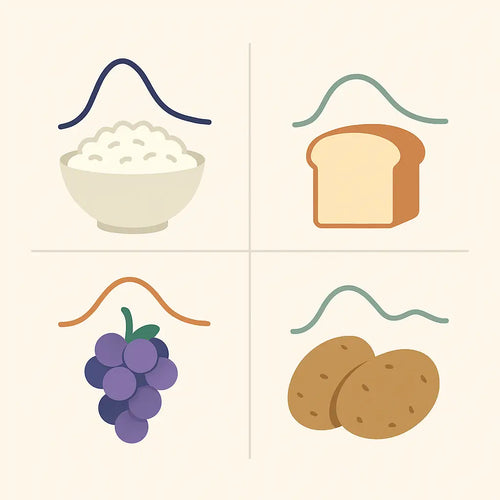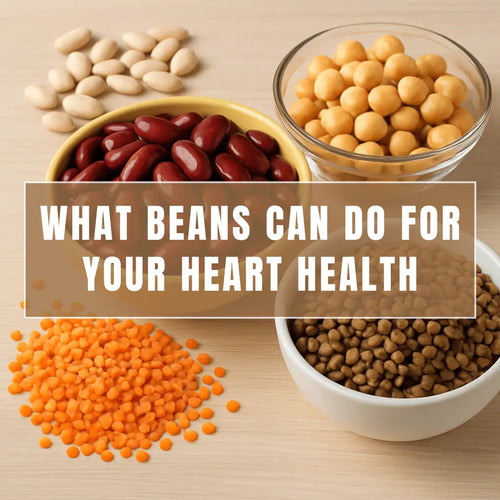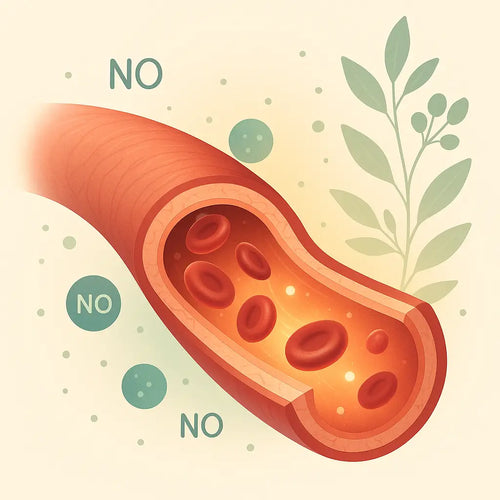No products in the cart.
There are many contributing factors to cardiovascular disease. One important risk factor is oxidative stress which can cause free radical damage to the endothelium, the inner lining of the blood vessels. Both free radical damage and inflammation can cause damage to the endothelium and start the process of arterial sclerosis which is the build up of deposits in the arteries. The reviewed research investigated the relationship between coenzyme Q10 concentration and lipid peroxidation, antioxidant enzymes activities and the risk of cardiovascular disease (Lee BJ, et al. 2012). The participants were patients who were identified with at least 50% stenosis of one major coronary artery and the control group was healthy individuals with normal blood biochemistries. The plasma coenzyme Q10, malondialdehyde (a measure of free radical activity) and antioxidant enzymes activities, superoxide dismutase (SOD), glutathione peroxidase) were measured. The interesting findings showed that the participants with cardiovascular disease had significant lower plasma coenzyme Q10, antioxidant activities and glutathione peroxidase activities and higher malondialdehyde and SOD levels compared to those of the control group. This means that the participants with cardiovascular disease experienced a higher level of free radical stress. The researchers also stated that a higher level of coenzyme Q10 was significantly associated with a reduced risk of cardiovascular disease. Coenzyme Q10 is a very good antioxidant and is also involved in the energy metabolism in the mitochondria of the cells. To read more about coenzyme Q10, click here.
Lee BJ, Lin YC, Huang YC, Ko YW, Hsia S, Lin PT. The Relationship between Coenzyme Q10, Oxidative Stress, and Antioxidant Enzymes Activities and Coronary Artery Disease. ScientificWorldJournal. 2012;2012:792756. Epub 2012 May 3.
Leave a comment









